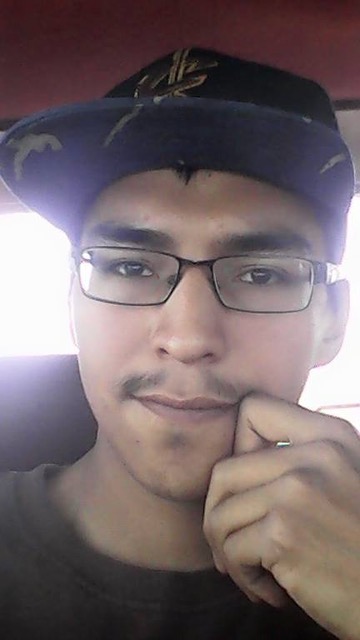Lawyers representing the mother of the late Colten Boushie will be before the Supreme Court of Canada today, arguing for the elimination of peremptory challenges for jury selection.
Sunchild Law and Murphy Law will go before the High Court for Debbie Baptiste claiming peremptory challenges are discriminatory to Indigenous jurors.
The second-degree murder trial of Gerald Stanley, who was acquitted in 2018 by an all-white jury, prompted the federal government to create legislation.
Stanley’s legal team used peremptory challenges to exclude Indigenous Peoples from sitting on the jury.
“The use of peremptory challenges in the case against Gerald Stanley was another example of a system designed to exclude Indigenous people, and potentially capitalize on existing racist sentiment to craft a more favourable jury. The use of peremptory challenges in this way meant that for Ms. Baptiste and other Indigenous people, the verdict could not be perceived as fair because the jury was not selected in a fair way, said Sunchild Law.
Today, the justices are hearing a case of a Toronto man accused of first-degree murder, who claims changes to jury selections through Bill C-75 infringe on his Charter Rights.
But, in amending the Criminal Code, which took affect last September, Ottawa aimed to eliminate the right of the Defense and Crown to exclude potential jurors without justification.
Two lower courts have upheld the constitutionality of Bill C-75, but that the peremptory challenges for jury selection should not be applied retroactively.
Boushie was shot and killed in August 2016 on Gerald Stanley’s Biggar-area farm.
“We’re pushing for a public inquiry or royal commission to look at the matters of the Colten Boushie killing and the trial of Gerald Stanley so that the general public in Canada can see all of the injustices that this family has faced throughout this whole ordeal,” said family lawyer Eleanor Sunchild.
“I believe a lot more people are now speaking out about injustices that they face within the Canadian justice system and our society as a whole. I think the Boushie/Baptiste family has given Indigenous people a voice, and that’s a good thing.
The Civilian Review and Complaints Commission for the RCMP, an independent review body tasked with reviewing RCMP misconduct launched a review of the Boushie case in early 2018, focusing on two aspects of the handling of the investigation.
Kate McDerby, spokesperson for the CRCC that it had concluded its investigation in January of this year and handed the report over to the RCMP.
The Mounties have not issued a response to that report.
(With files from Fraser Needham.)
